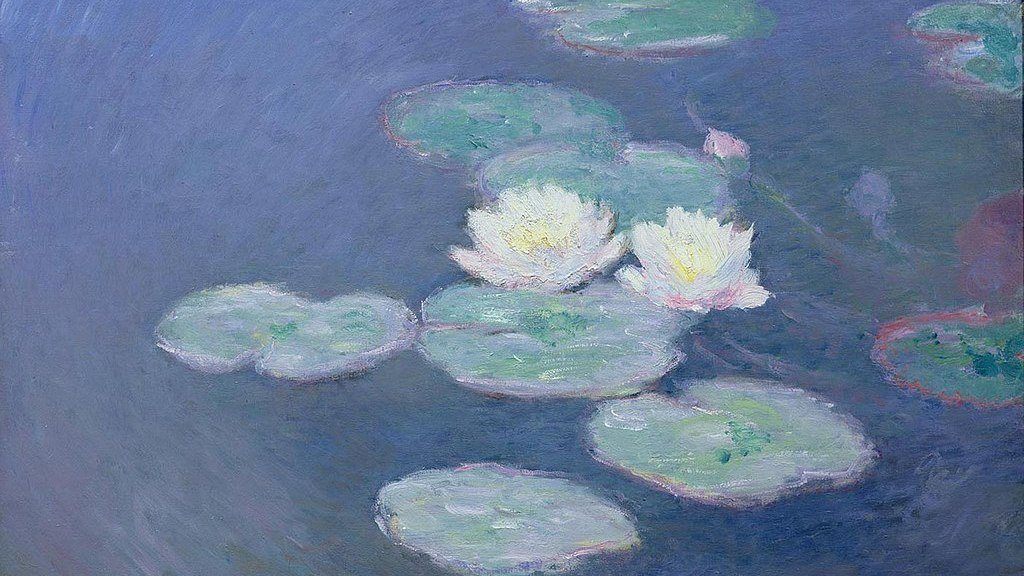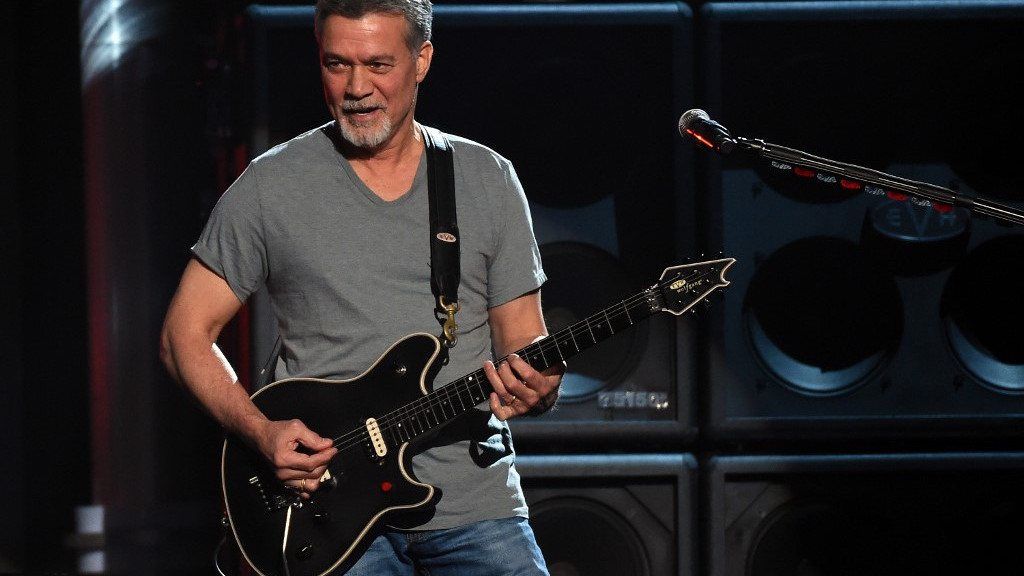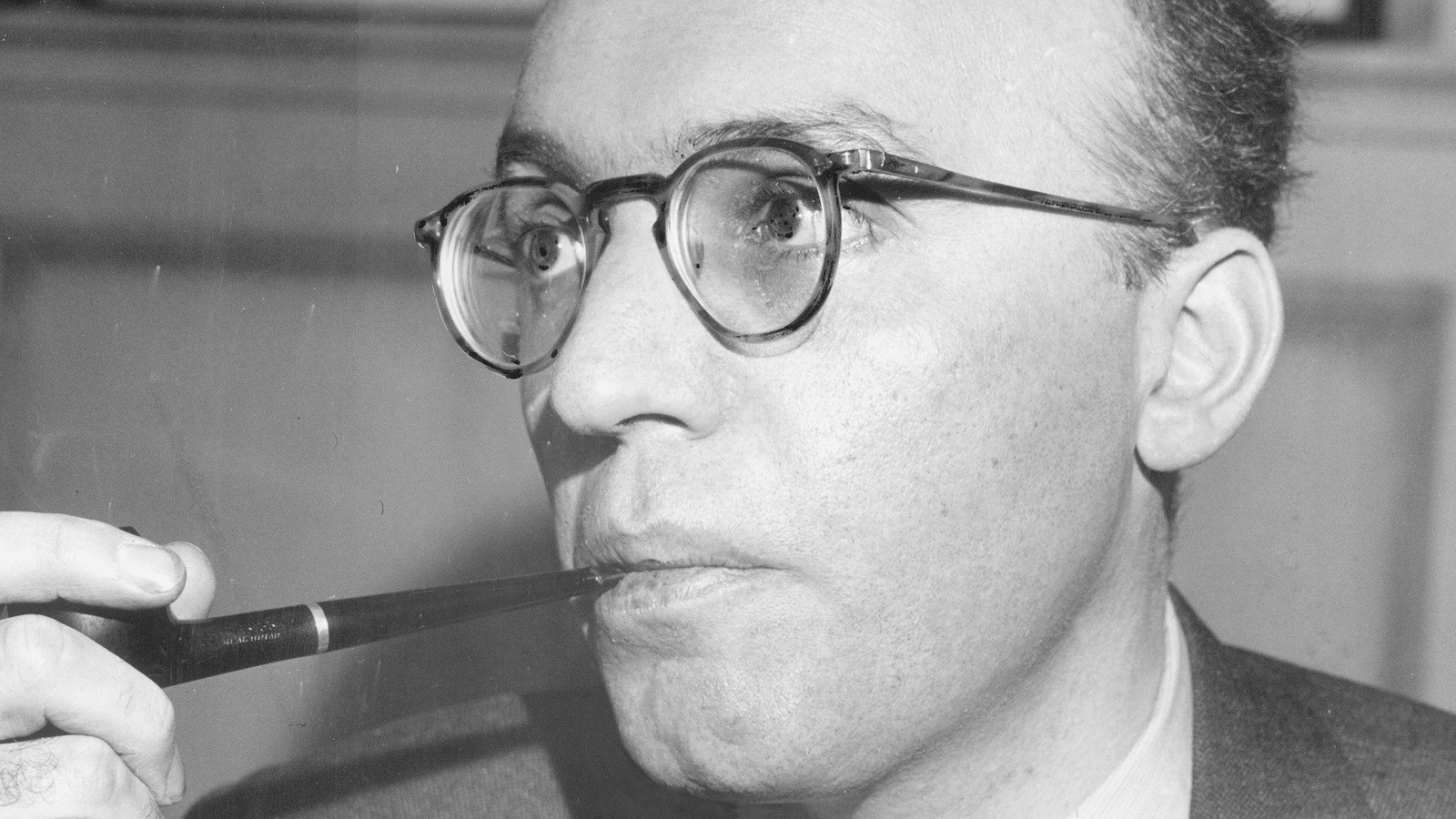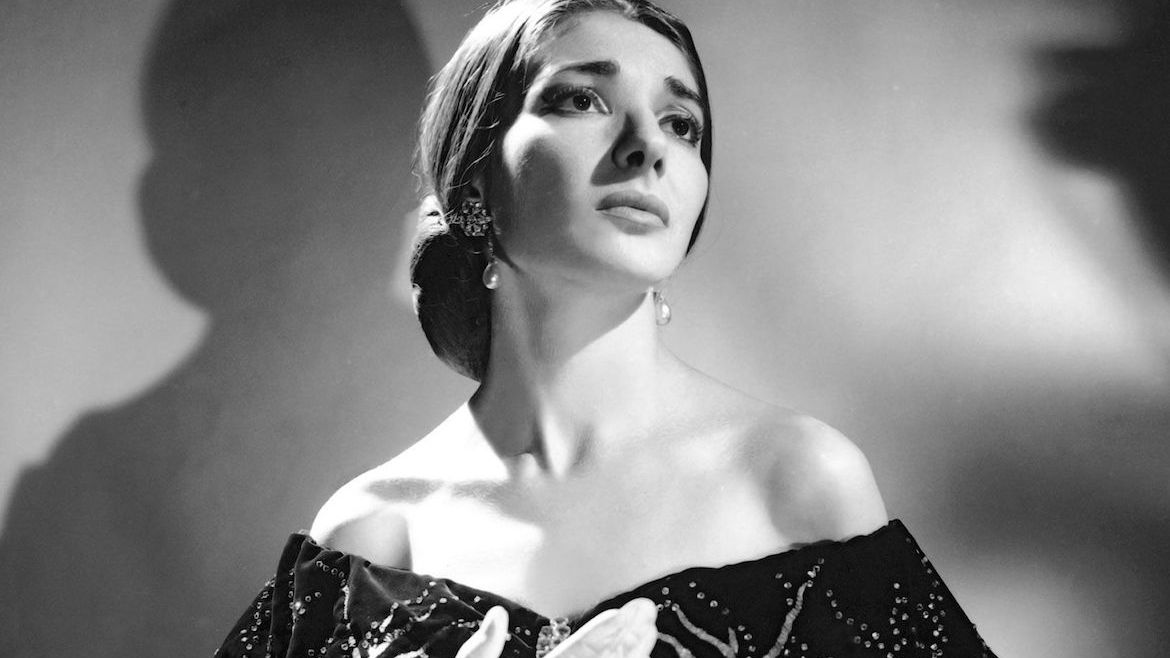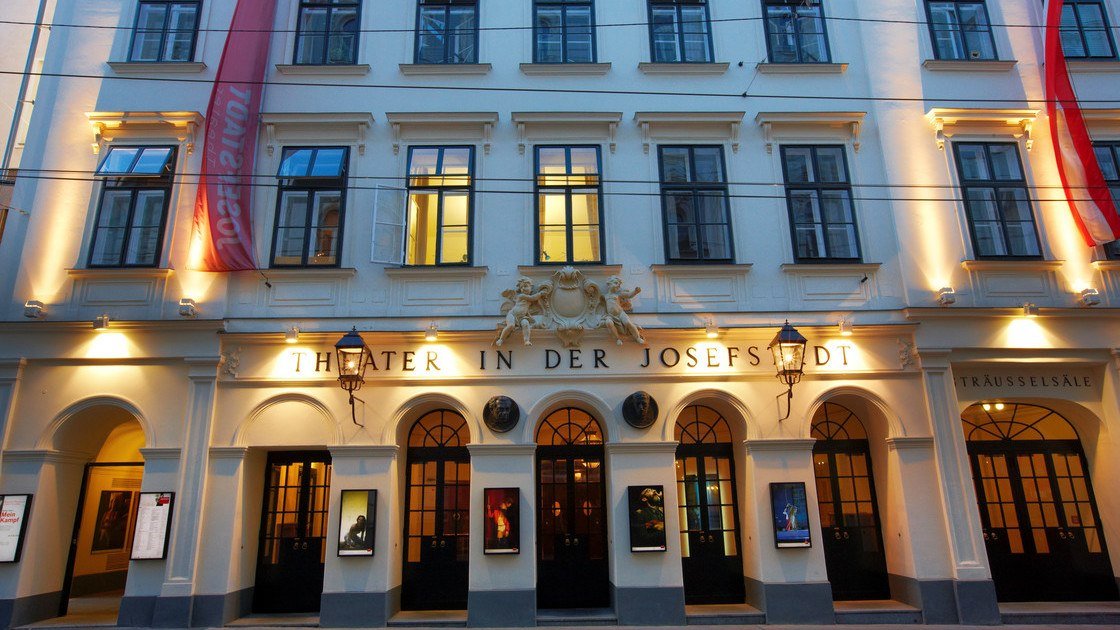Beethoven’s Fourth Symphony: The Art of Moderation
Within Beethoven’s catalogue, Symphony No. 4 in B-flat Major is sometimes overshadowed by its odd-numbered neighbors, the “Eroica” and the Fifth Symphony. Robert Schumann called it “a slender Grecian maiden between two Nordic giants.” It’s a testament to the sense of moderation that seems to characterize Beethoven’s symphonic journey. The odd-numbered symphonies are often ferocious, mighty and revolutionary, while the even-numbered works retreat into a world of sunny intimacy. Both offer equally rich rewards. …


